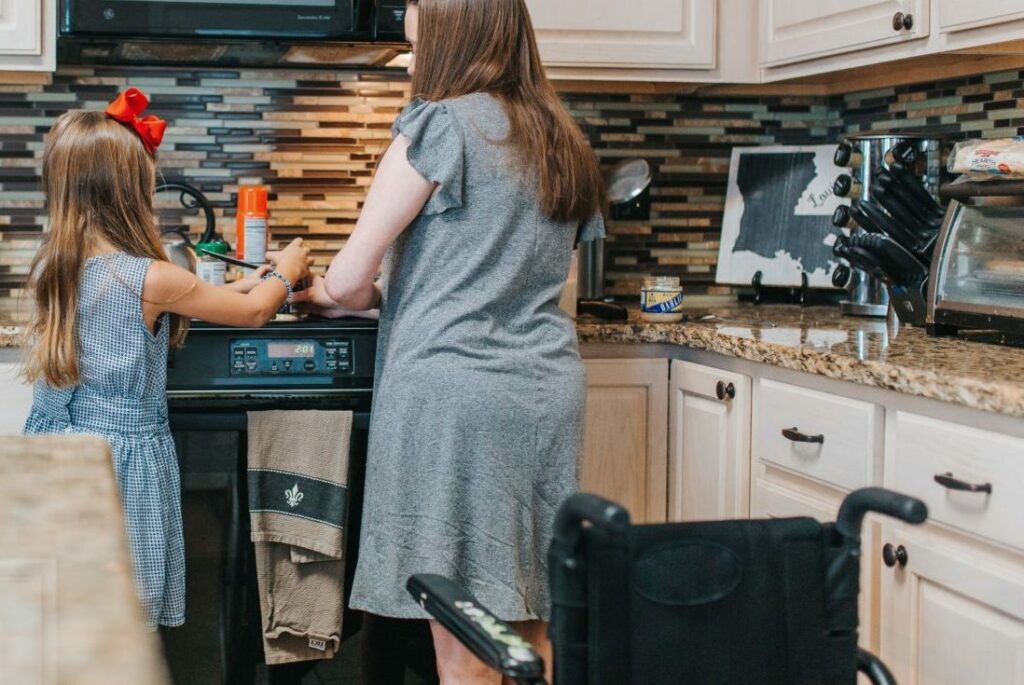Understanding Cauda Equina
Cauda Equina syndrome happens when the bundle of nerves at the bottom of the spinal cord are compressed and requires urgent medical attention. Long term consequences of the condition include:
- intense back pain
- loss of bladder control
- sexual dysfunction and
- shooting pain in one or both legs
Medical professionals should be on the lookout for specific symptoms as markers of Cauda Equina, but they can be missed or dismissed as sciatica, leading to delays. A delay in spotting cauda equina can have very significant life-long consequences.
Causes of cauda equina syndrome include infection or inflammation of the spine, spinal tumours , spinal cord injuries. In some rare cases Cauda Equina can be caused by a surgical mistake.
Living with Cauda Equina can have a very big impact in someone’s life and mean they have significant caring and therapy needs.





















